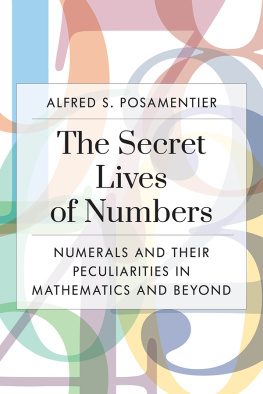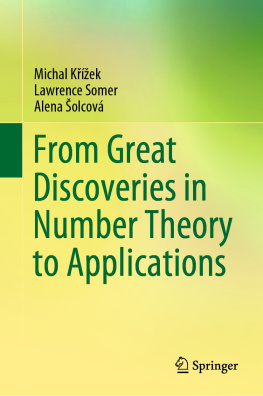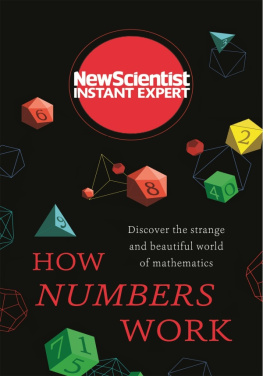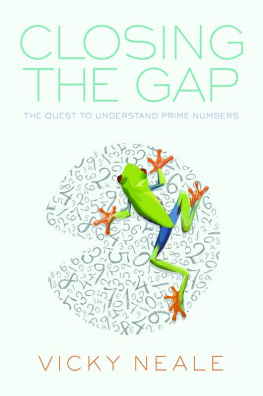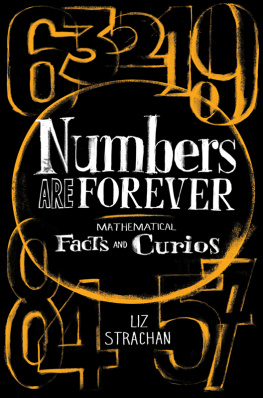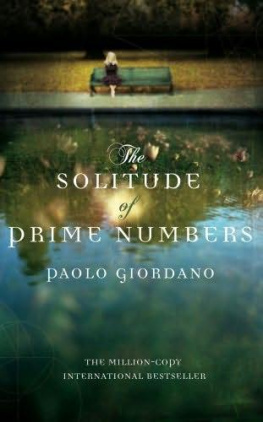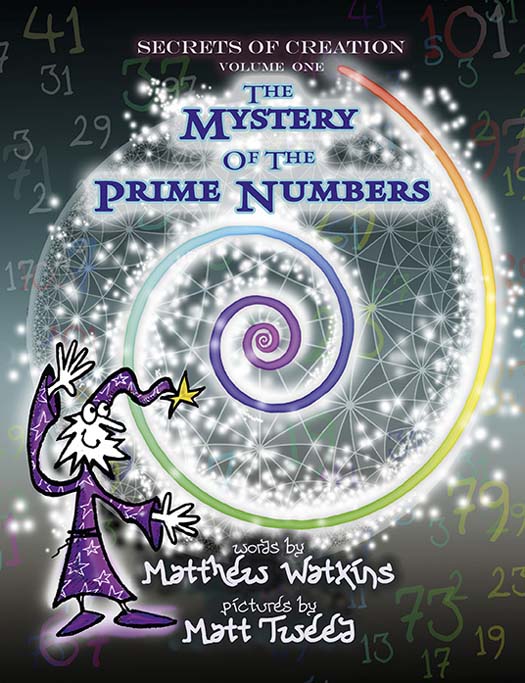

First published by Liberalis Books, 2015
Originally published by The Inamorata Press, 2010
Liberalis Books is an imprint of John Hunt Publishing Ltd., Laurel House, Station Approach,
Alresford, Hants, SO24 9JH, UK
www.liberalisbooks.com
For distributor details and how to order please visit the Ordering section on our website.
Text copyright: Matthew Watkins 2010
Illustrations copyright: Matt Tweed 2010
ISBN: 978 1 78279 781 4
Library of Congress Control Number: 2014958368
All rights reserved. Except for brief quotations in critical articles or reviews, no part of this book may be reproduced in any manner without prior written permission from the publishers.
The rights of Matthew Watkins as author have been asserted in accordance with the Copyright, Designs and Patents Act 1988.
A CIP catalogue record for this book is available from the British Library.
The frontispiece is based on the Flammarion woodcut (anonymous).
www.secretsofcreation.com
Printed and bound by CPI Group (UK) Ltd, Croydon, CR0 4YY, UK
We operate a distinctive and ethical publishing philosophy in all areas of our business, from our global network of authors to production and worldwide distribution.

upon looking at these numbers one has the feeling of being in the presence of one of the inexplicable secrets of creation.
Don Zagier
Bonn University, 1975
For Alan, who kept encouraging me to write this book and for Stef, who refused to accept that it couldnt be done.
The Mystery of the Prime Numbers is the first volume of the Secrets of Creation trilogy. Volume 2: The Enigma of the Spiral Waves and Volume 3: Prime Numbers, Quantum Physics and a Journey to the Centre of Your Mind will eventually follow.
Although reading is not necessary in order to follow the ideas in the rest of the book, it sets the scene and presents certain issues which will be revisited at the end of the third volume so Id encourage you to read it.
Ive avoided using any mathematical formulas or equations in the main text although some appear in a few of the notes and appendices. The appendices are aimed at readers who want to explore certain ideas in more depth. Each appendix has a level of difficulty stated below its title.
The notes contain a number of website addresses. If you find any of these to have become inaccessible, the Internet Archives Wayback Machine at www.archive.org is a useful tool for recovering old versions of webpages.
More information on the Secrets of Creation trilogy, further web links, additional resources and an ever-expanding list of acknowledgments can be found at www.secretsofcreation.com.
Matthew Watkins
Canterbury, 2009

an introduction
Is there anything we can all agree about?
For just about any idea, ideology, theory or proposal you can think of, theres going to be someone who seriously disagrees with it. Even the most seemingly commonsense suggestions will be challenged by some obscure philosophy or other, whether academic, mystical or political. The details of historical events are continually being called into question. Theres no shortage of conflicting attitudes about the meaning of life, the best ways to live, the causes of suffering and how they might be alleviated. Rival philosophies and religious beliefs seem to be multiplying endlessly rather than moving towards greater integration and unity.
Science presents itself as a uniquely valid approach to universal truth, but of course many religious believers reject key scientific theories such as Darwinian evolution and the Big Bang. Even within science, many widely accepted views are countered by a small but serious-minded minority of scientists who are prepared to challenge them, regardless of how unpopular that might be.
So where, if anywhere, is the common ground in this vast, confusing patchwork of clashing views? Wouldnt it be somehow comforting, in this time of widespread conflict, cultural fragmentation and general confusion, if there were something that everyone, from every possible background, however contrary, argumentative or ideologically rigid, could agree about?
Well there is something.
Im going to tell you about it.
Happily, the something Im going to tell you about appears to be a kind of gateway into a world of profound mystery and wonder. Yet, unlike most things which get described in such terms, it has the quality of being (as far as anything can be) indisputable. So its a real pleasure to bring into being a book (a trilogy, in fact) which not only deals with just about the only thing everyone can agree about but also spreads awareness of something which can awaken feelings of awe and delight in almost anyone willing to make the small effort necessary to follow.
In this, the first volume, Ill carefully explain the fundamental ideas that are involved, interspersing a few (perhaps less indisputable) thoughts about what it all might mean. If you reach the end and wish to explore further, the second and third volumes will delve deeper into the mystery and then plunge into some very strange territory indeed.


chapter 1
numbers and counting
From the title of this volume youll no doubt have guessed that numbers are somehow involved in the indisputable something which the introduction referred to. Indeed, the basic ideas of numbers and counting will act as our starting point. In the chapters that follow this one well be looking at them in a way which was inspired by my academic background in mathematics this will lead us into the indisputable territory. Although presented in a gentle and accessible way, this approach to numbers may be unlike anything youve come across before. First, though, I think its important that we take some time to have an informal look at numbers and counting from the perspective of ordinary human experience rather than from a strictly mathematical point of view. If you find yourself disputing some of what I have to say about this, dont worry, we havent really started yet!
So, what exactly are numbers?
Because we all learnt about numbers and counting when we were very young, these ideas have come to be strongly associated with early childhood they might even seem an unnecessarily and almost embarrassingly childish topic to be consideringthan others, but with very few exceptions (due to, for example, certain neurological conditions), childrens minds absorb the



